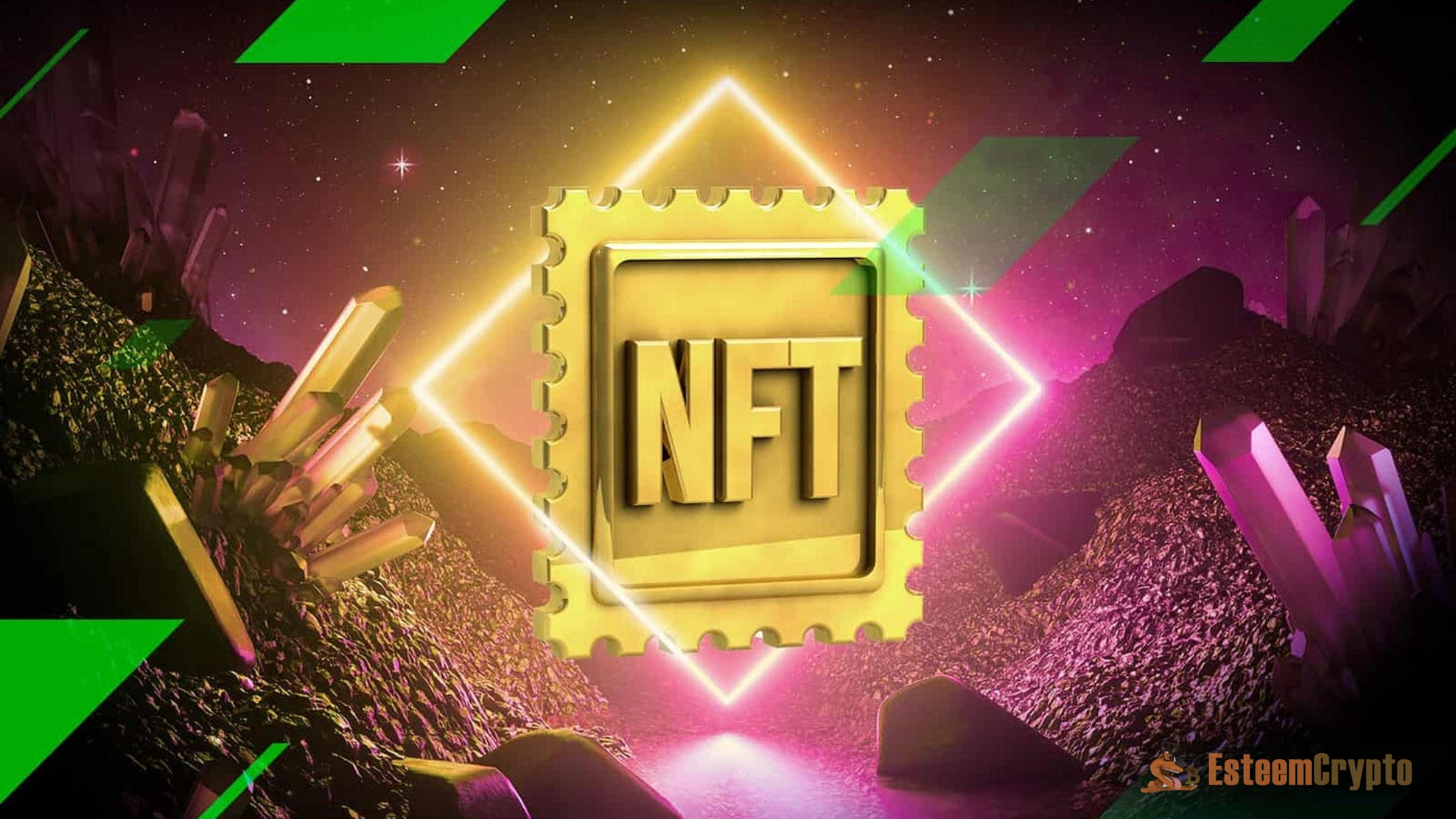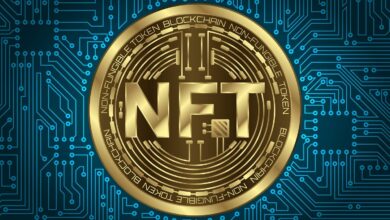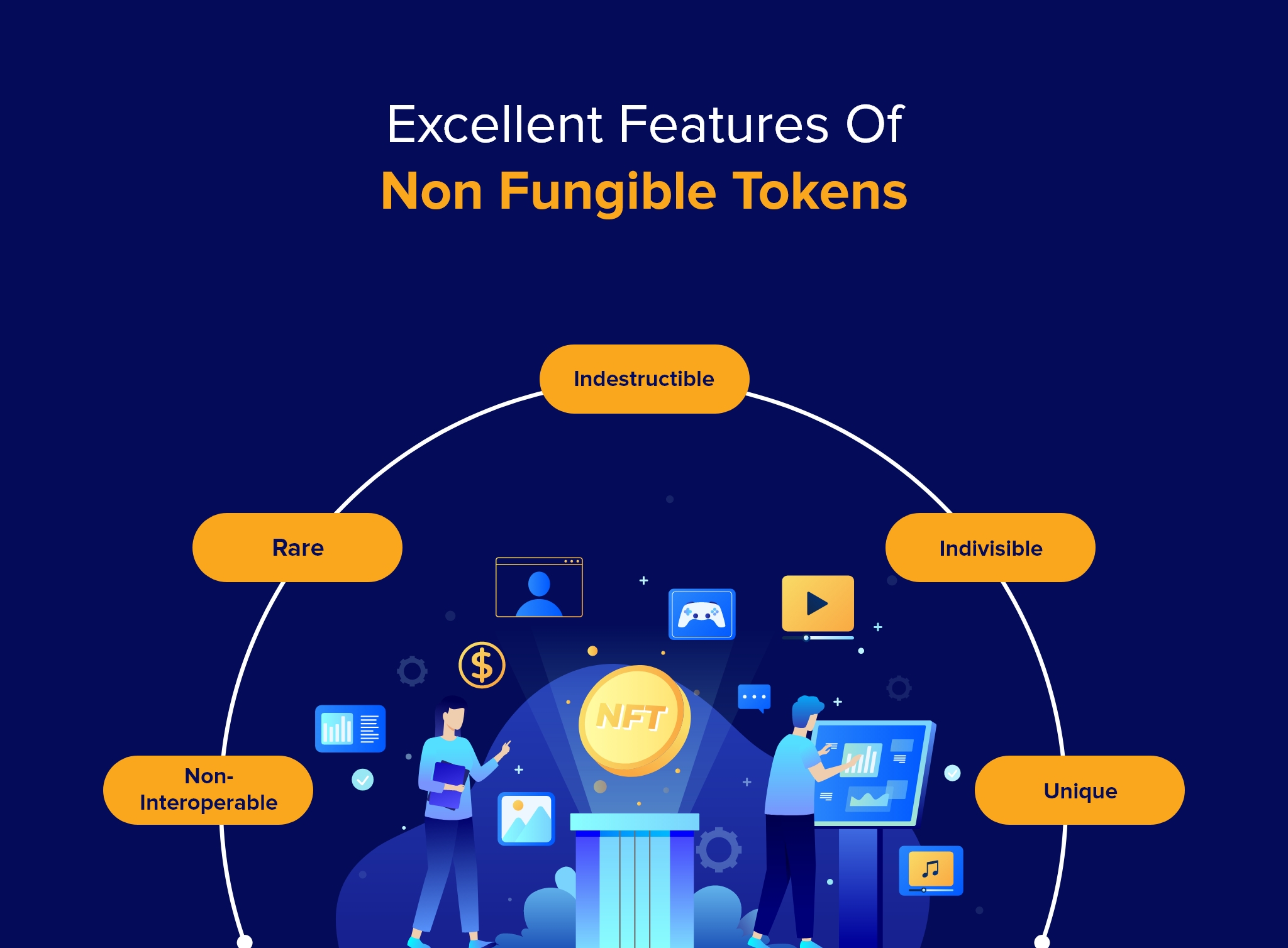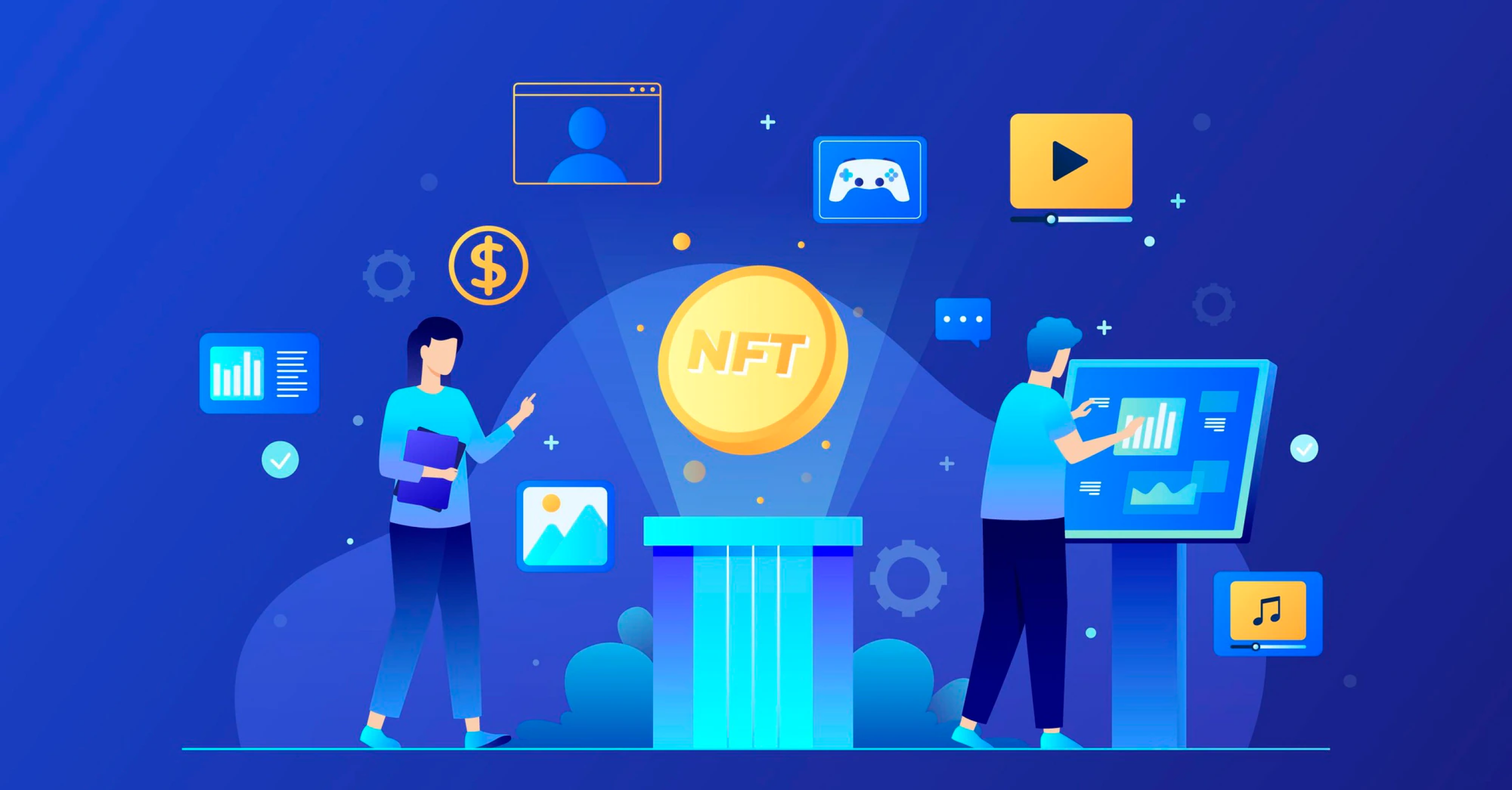Sports NFTs: Innovative Fan Engagement and Revenue Streams

Sports NFTs: In recent years, Non-Fungible Tokens (NFTs) have emerged as a revolutionary force in various industries, with sports being one of the most dynamic arenas for their application. As digital assets, NFTs are unique and cannot be replicated, making them perfect for creating limited-edition collectibles, exclusive content, and other digital memorabilia. The sports world has quickly recognized the potential of NFTs, leveraging them to enhance fan engagement, create new revenue streams, and revolutionize how fans interact with their favourite teams and athletes.
The Rise of Sports NFTs
The concept of NFTs might seem complex at first glance, but their application in sports is relatively straightforward. Sports NFTs often take the form of digital collectibles, such as trading cards, highlight reels, or even virtual items tied to specific athletes or teams. What sets these digital assets apart is their uniqueness, verifiability through blockchain technology, and the fact that they can be bought, sold, or traded in online marketplaces.
The sports NFT market has grown exponentially since its inception. Major sports leagues like the NBA, NFL, and Major League Baseball (MLB) have partnered with blockchain platforms to create and distribute NFTs. The NBA, for instance, made headlines with its NBA Top Shot platform, which allows fans to purchase, trade, and collect officially licensed NBA highlight clips as NFTs. The success of NBA Top Shot demonstrated the enormous potential of sports NFTs, with some moments selling for hundreds of thousands of dollars.
Fan Engagement and Personalization
One of the most significant impacts of sports NFTs is their ability to deepen fan engagement. Traditionally, fans have shown loyalty by purchasing physical merchandise, attending games, or following their favourite athletes on social media. However, NFTs offer a new, more immersive way for fans to connect with the sports they love.
Through NFTs, fans can own a piece of sports history, whether it’s a memorable game-winning shot, a record-breaking performance, or even a digital autograph from their favourite player. These digital assets can be personalized, with some platforms allowing fans to create custom NFTs that reflect their individual experiences or memories associated with a particular event or athlete.
Moreover, NFTs have enabled fans to participate in the sports ecosystem in unimaginable ways. Some sports organizations have introduced NFT-based games, where fans can use their digital collectibles to compete in fantasy sports leagues, engage in virtual reality experiences, or unlock exclusive content and rewards. This gamification of sports fandom has created a more interactive and engaging experience for fans, allowing them to feel more connected to their favourite teams and athletes.
New Revenue Streams for Athletes and Teams
The financial potential of sports NFTs extends beyond fan engagement. For athletes and teams, NFTs represent a new and lucrative revenue stream. By creating and selling NFTs, sports organizations can monetize their digital assets in ways that are impossible with traditional merchandise.
NFTs offer athletes an opportunity to capitalize on their brand and image. Athletes can create and sell digital autographs, exclusive behind-the-scenes content, or limited-edition digital collectibles that reflect their career milestones. This direct-to-fan approach allows athletes to generate income independently of their team contracts and sponsorship deals.
Teams and leagues also benefit from NFTs by creating digital collectibles that celebrate iconic moments in their history. These NFTs can be sold to fans as limited-edition items, with a portion of the revenue often going back to the team or league. Additionally, some teams have begun experimenting with fractional ownership of NFTs, allowing fans to own a share of a digital asset, further enhancing fans’ sense of community and ownership.
Challenges and Future Prospects
While the rise of sports NFTs has been meteoric, it has also had challenges. The market for NFTs, in general, has been subject to volatility, with prices for some digital assets fluctuating wildly. This unpredictability can make it difficult for fans and investors to assess the long-term value of sports NFTs.
Furthermore, the environmental impact of NFTs, often minted on energy-intensive blockchain networks like Ethereum, has raised concerns among sustainability advocates. The sports industry, known for its global influence, faces the challenge of balancing innovation with environmental responsibility. Some platforms are exploring eco-friendly alternatives, such as using blockchain networks with lower carbon footprints or implementing carbon offset programs.
Another challenge lies in ensuring the authenticity and value of NFTs. As the market grows, so does the risk of counterfeit or unauthorized digital assets entering the market. Sports organizations and blockchain platforms must work together to establish clear standards and verification processes to protect consumers and maintain the integrity of the NFT market.
Despite these challenges, the future of sports NFTs looks promising. As technology continues to evolve, so will the opportunities for innovation in this space. Integrating augmented reality (AR) and virtual reality (VR) with NFTs could create even more immersive fan experiences. At the same time, advancements in blockchain technology could lead to more sustainable and secure ways of minting and trading digital assets.
Moreover, the ongoing expansion of the metaverse—a collective virtual shared space—presents exciting possibilities for sports NFTs. Imagine a world where fans can attend virtual games, interact with other fans, and collect NFTs within a fully immersive digital environment. This convergence of sports, technology, and entertainment could redefine what it means to be a sports fan in the digital age.
Conclusion
Sports NFTs have undoubtedly changed the game for fan engagement and revenue generation in the sports industry. By offering fans unique, verifiable, and often interactive digital assets, NFTs have created a new frontier for fan participation and loyalty. At the same time, they provide athletes and teams with innovative ways to monetize their brand and connect with their fan base.
As the sports NFT market continues to grow and evolve, stakeholders must address the challenges and embrace the opportunities that come with this digital revolution. The future of sports is increasingly digital, and NFTs are poised to play a central role in shaping that future. Whether through collectible highlights, personalized fan experiences, or new forms of virtual engagement, sports NFTs are here to stay, and their impact will be felt for years to come.




